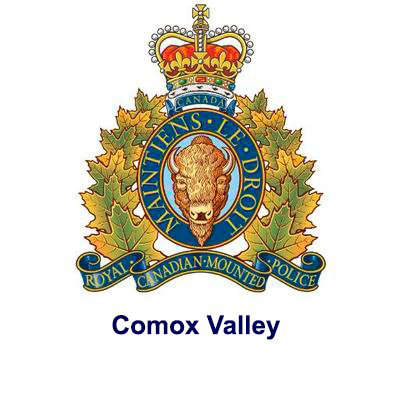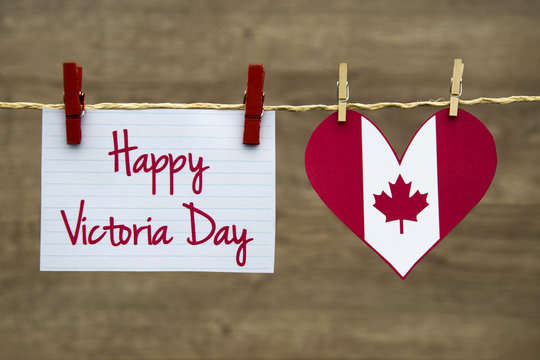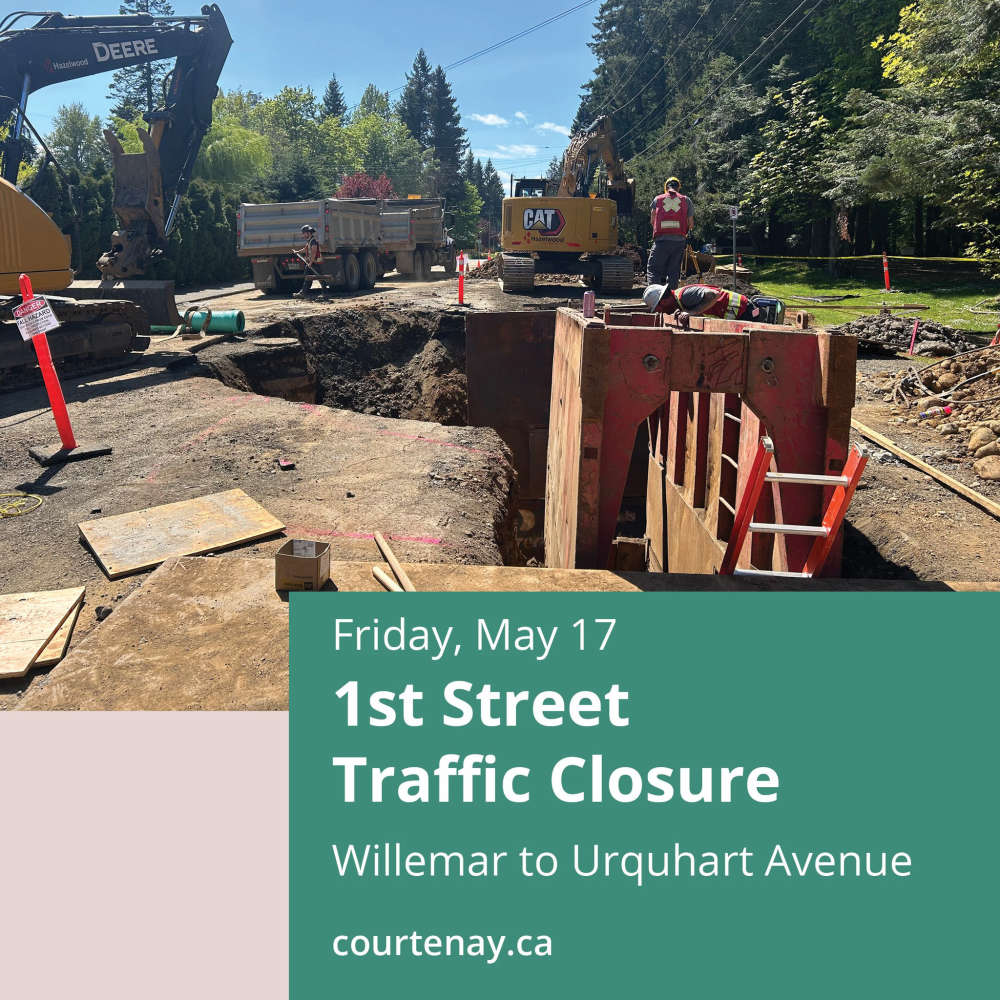
One year after running from Campbell River to Nanaimo to raise money for alternative cancer care, Quadra Islander Ryan Rasmussen is doing it again on June 25 and 26 — only this time he’s adding another 40 km to the trip.
One year after running from Campbell River to Nanaimo to raise money for alternative cancer care, Quadra Islander Ryan Rasmussen is doing it again on June 25 and 26 — only this time he’s adding another 40 km to the trip.
This year he is running from Duncan to Campbell River for a total of 200 kilometers.
He is calling his now-annual run the Coco Run in honour of his sister Nicole who passed away from colon cancer early in 2021.
Last year, he embarked on the longest run of his life, running through the night down the Island from Campbell River. This year, while it is still technically the longest run he’s undertaken, he has a better understanding of how it will affect his body and mind.
He is also changing direction this year, planning to arrive at Robert Ostler Park near the Campbell River-Quadra Island ferry terminal at around 1 p.m. on June 26.
The goal is to raise money to help people pay for alternatives to chemotherapy, many of which are not covered by the provincial healthcare system. For the 2021 run, Rasmussen raised about $7,500, which he donated to a man who was dealing with cancer.
With a goal of $10,000, Rasmussen is looking at various ways to raise money. Like last year, people can donate straight to him, but there is also an online auction set up to help bring in some more dollars.
To donate, visit https://www.thecocorun.ca/
 Comox Valley RCMP Say Teenager Found Safe, But Seeking 53-Year Old Missing Man
Comox Valley RCMP Say Teenager Found Safe, But Seeking 53-Year Old Missing Man
 Communities To Celebrate Victoria Day This Weekend
Communities To Celebrate Victoria Day This Weekend
 A Lot To Enjoy At The Comox Air Show This Weekend
A Lot To Enjoy At The Comox Air Show This Weekend
 Road Closure On 1st Street In Courtenay Today
Road Closure On 1st Street In Courtenay Today
 Historic Haida Aboriginal Title Legislation Receives Royal Assent
Historic Haida Aboriginal Title Legislation Receives Royal Assent
